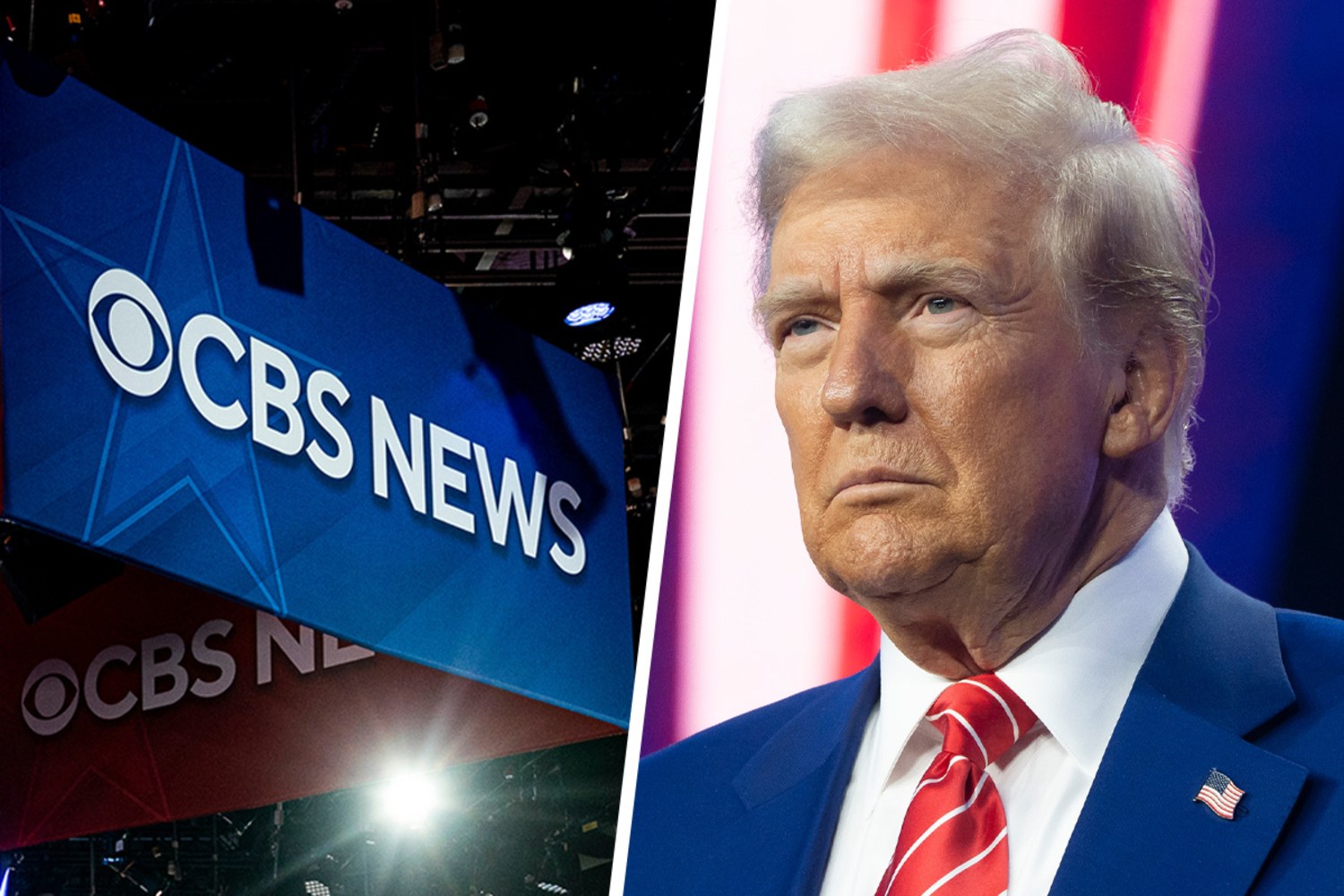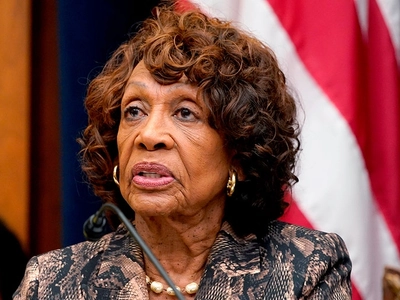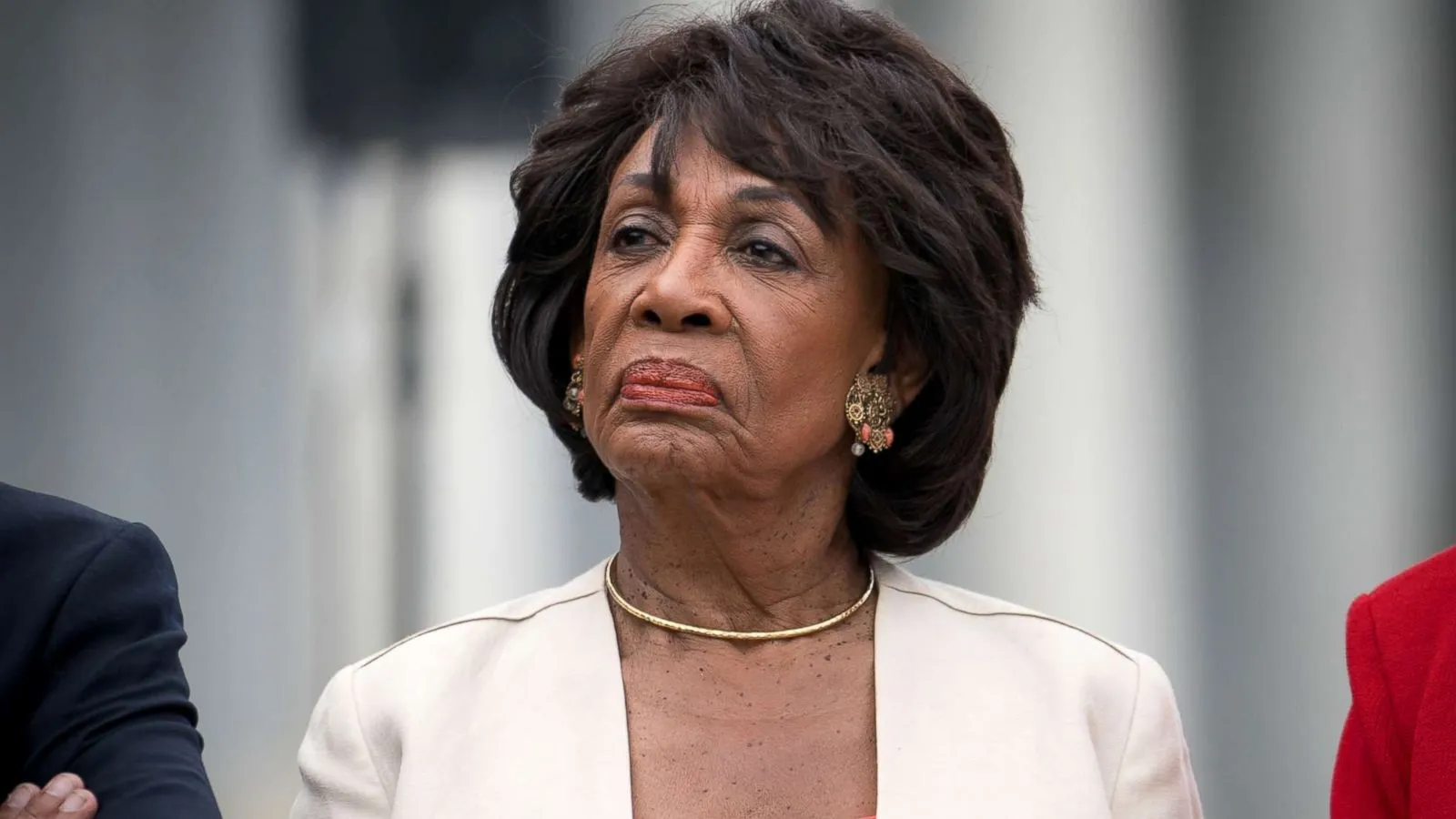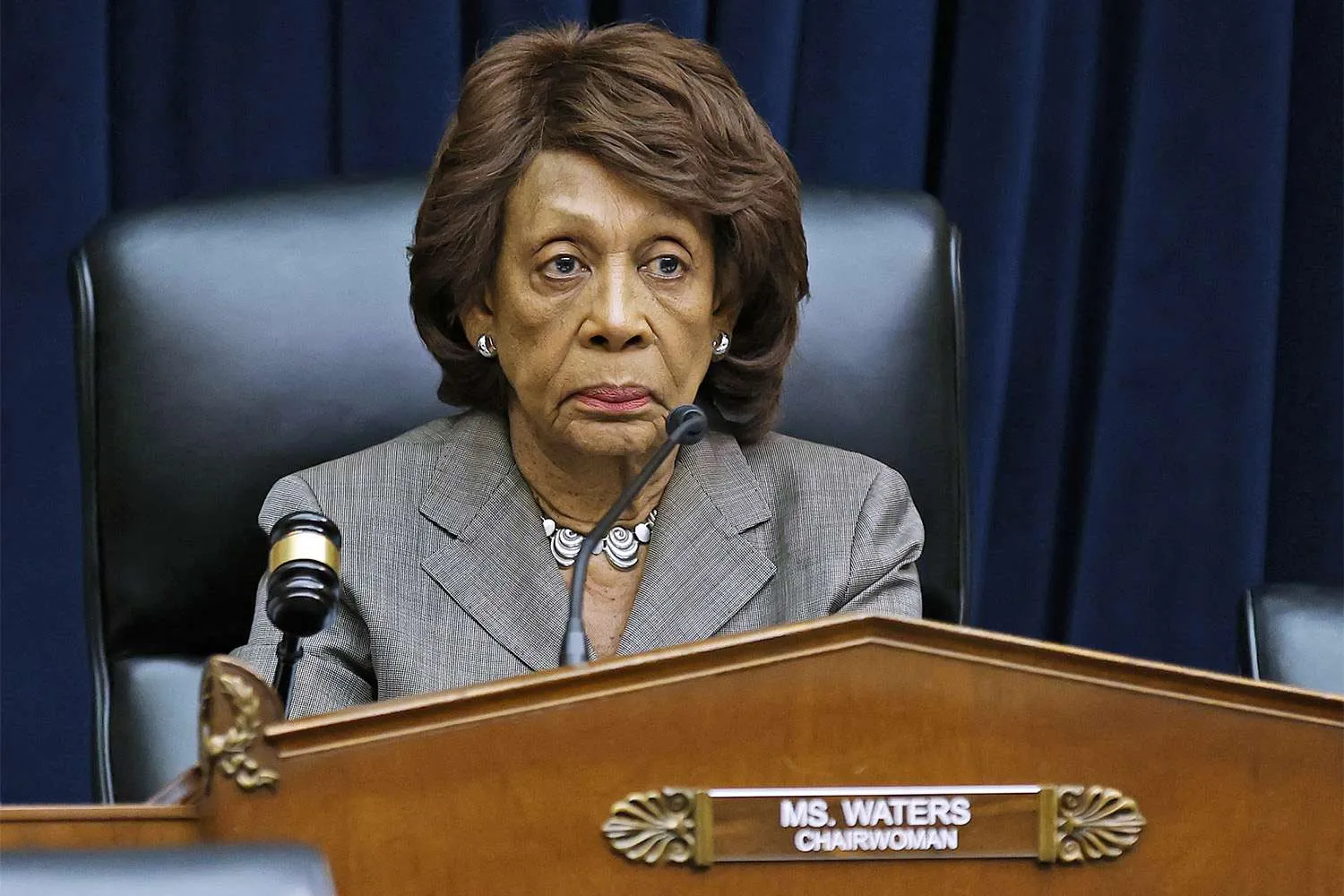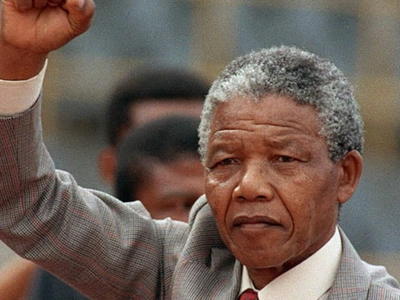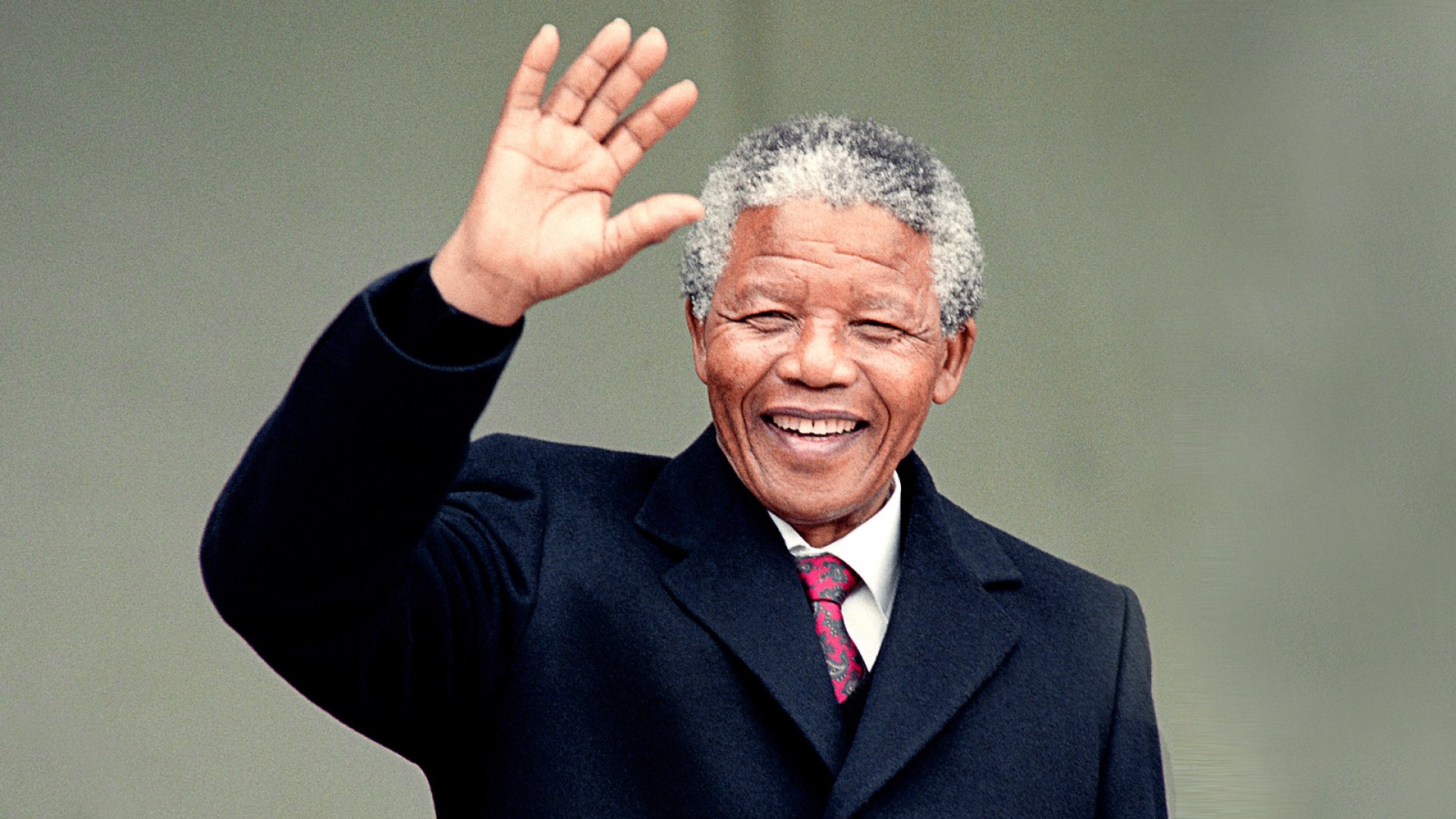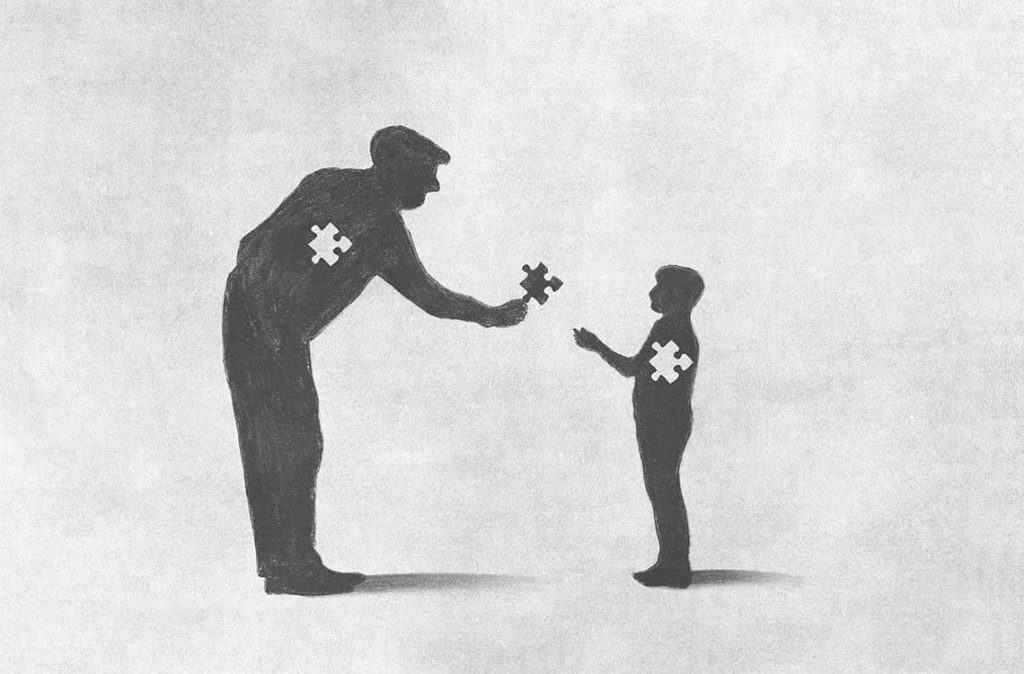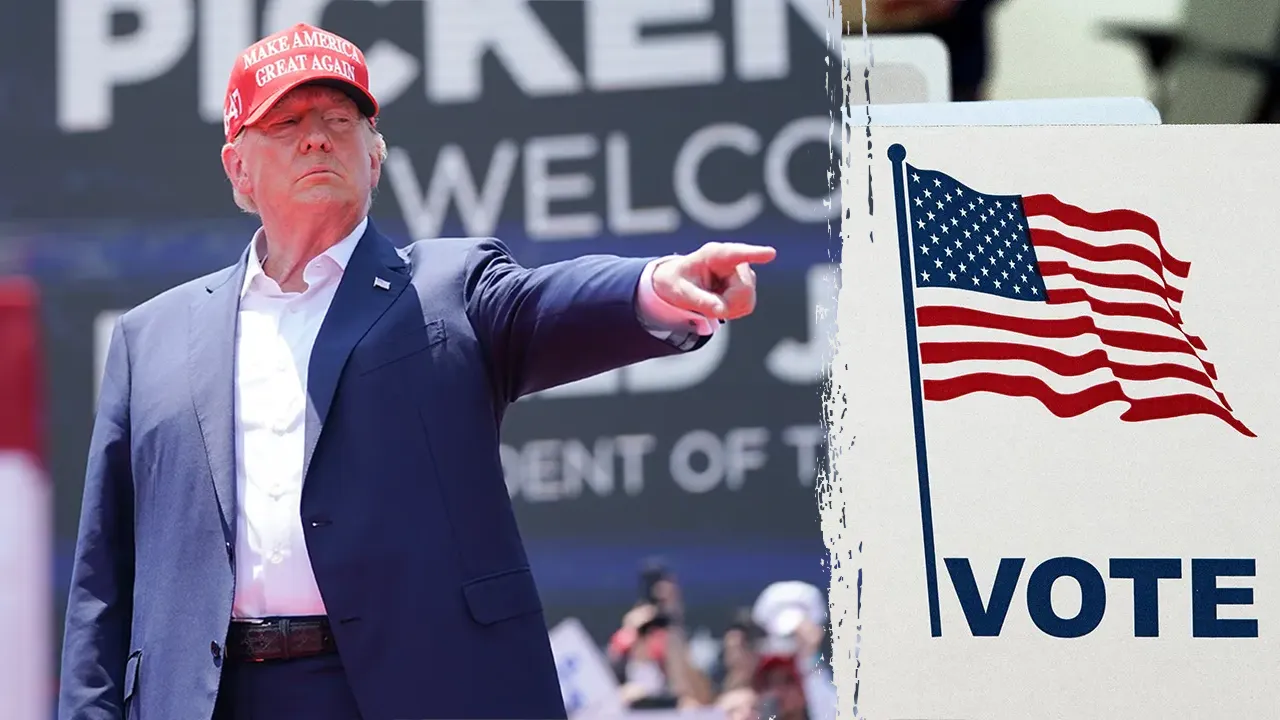What It Really Costs to Vote Your Conscience Against Your Own Party
When two Republicans chose conscience over party loyalty in the dead of night, they didn't just cast votes—they made a statement that still echoes through the halls of Congress. While 213 of their colleagues fell in line behind President Trump's massive $4.5 trillion "One Big Beautiful Bill," Thomas Massie of Kentucky and Brian Fitzpatrick of Pennsylvania stood alone in the political wilderness, facing down the most intense pressure campaign in recent memory.
The Night That Tested Everything
Picture this: It's 4:53 AM on a Thursday morning in July 2025. The House floor is buzzing with exhausted lawmakers who've been up all night. House Minority Leader Hakeem Jeffries has just begun what would become the longest continuous speech in House history—8 hours and 33 minutes of pure defiance, reading constituent letters and quoting scripture to delay the inevitable.
But the real drama wasn't in Jeffries' marathon speech. It was in the Republican cloakroom, where two men were about to commit what many in their party would consider political suicide.
The Pressure Cooker
For months leading up to this moment, the White House had been turning up the heat. Trump himself had been making calls, applying what insiders described as "relentless pressure" on every Republican member. The message was clear: this was THE bill. The cornerstone of Trump's domestic agenda. The make-or-break legislation that would define his presidency.
Party leadership worked overtime. Speaker Johnson pulled every trick in the book. Committee chairs made promises. Fellow Republicans pleaded. The entire GOP machine was focused on achieving perfect unity.
Everyone fell in line. Everyone except two.
The Conscience Vote
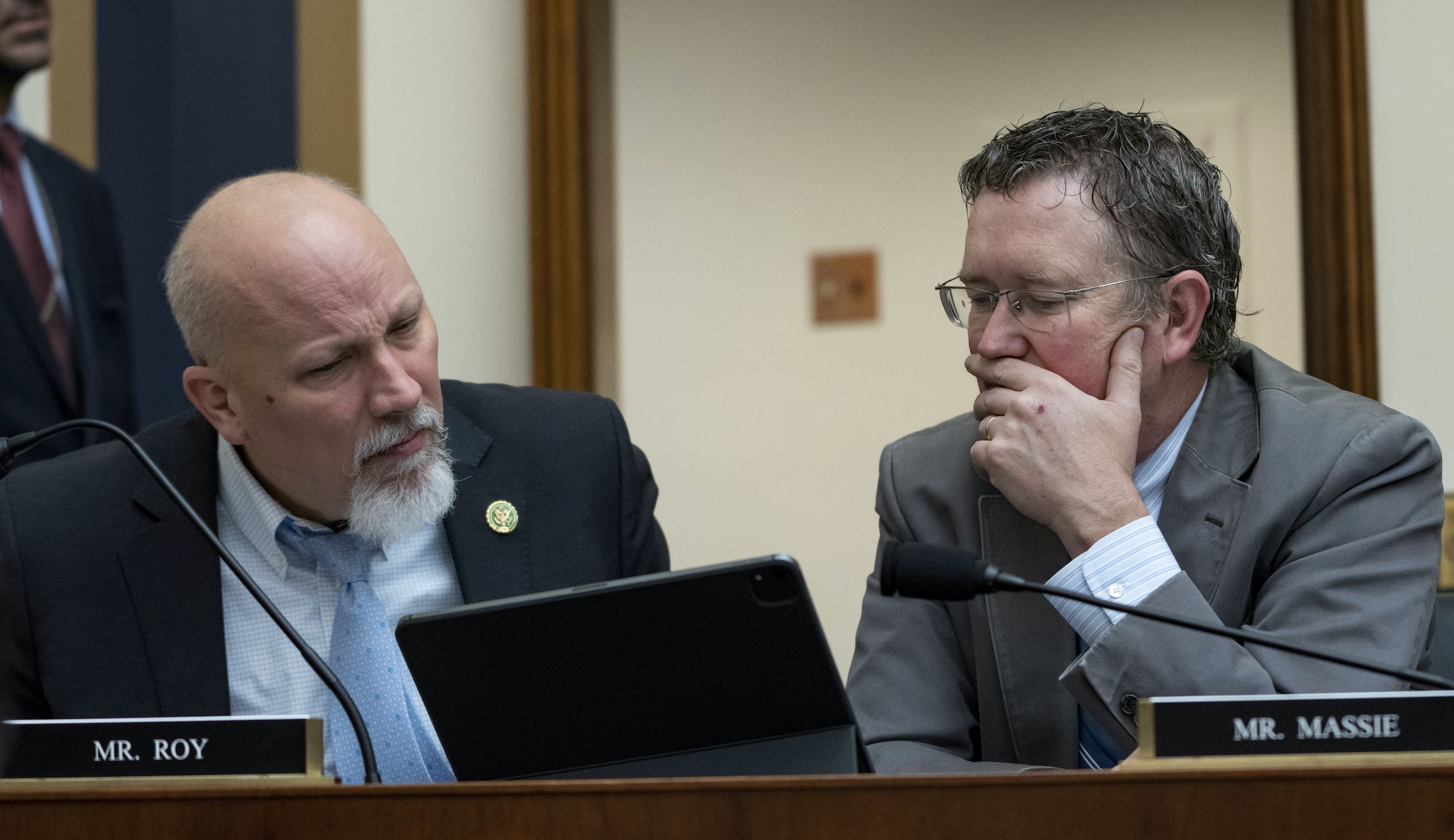
Thomas Massie had been here before. The Kentucky libertarian has built a reputation as the Republican Party's most consistent fiscal hawk, earning him the nickname "Mr. No" for his willingness to vote against his own party when principles are at stake. But this was different. This wasn't some routine spending bill—this was Trump's signature legislation.
Massie's reasoning was brutally simple: "I cannot in good conscience vote for a bill that would significantly worsen the national debt." The Congressional Budget Office had estimated the legislation would add $3 trillion to the deficit over ten years, pushing the debt-to-GDP ratio from 117.1% to 123.8%.
Brian Fitzpatrick, the moderate Republican from Pennsylvania, faced his own moment of truth. Known for his willingness to work across the aisle, Fitzpatrick had consistently championed fiscal responsibility throughout his career. When the moment came to vote, he couldn't abandon the principles that had defined his political identity.
The Real Cost of Standing Alone
What does it actually cost to vote your conscience in today's political climate?
For Massie and Fitzpatrick, the immediate consequences were swift and brutal. Social media exploded with criticism from fellow Republicans. Conservative outlets questioned their loyalty. Trump allies suggested they didn't deserve to be in the party.
But the long-term costs could be even steeper. Committee assignments hang in the balance. Fundraising support from national Republican groups becomes uncertain. Primary challenges from Trump-backed candidates loom large.
Yet both men knew exactly what they were doing. They'd calculated the cost and decided their integrity was worth more than their political comfort.
The Bigger Picture
This wasn't just about one bill or one vote. It was about a fundamental question that haunts modern American politics: In an era of intense partisanship, is there still room for principled dissent within party structures?
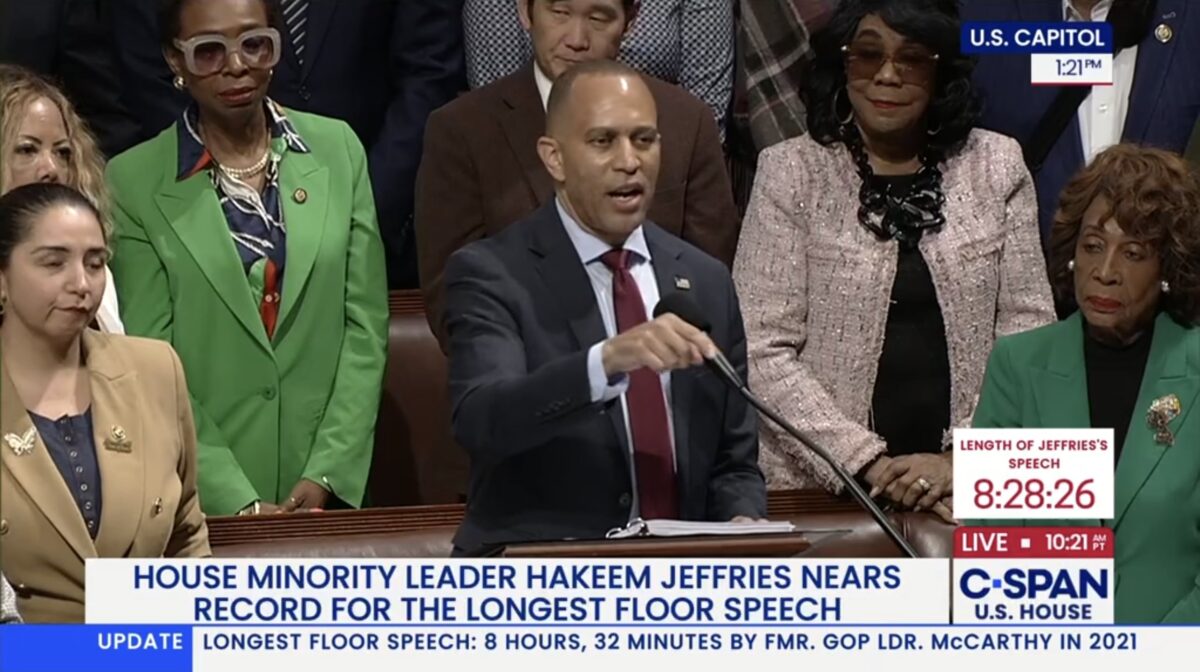
The "One Big Beautiful Bill" passed by the narrowest of margins—215 to 214. Without those two Republican defections, it would have sailed through with room to spare. Instead, it barely squeaked by, a reminder that even in our polarized times, individual conscience can still matter.
The Aftermath
As the dust settled and the bill headed to Trump's desk, the political establishment was forced to grapple with an uncomfortable truth: party unity isn't always as strong as it appears. Two Republicans had proven that there are still lines that some lawmakers won't cross, even when the pressure is overwhelming.
The legislation became law, but the questions it raised about party loyalty versus personal principles continue to reverberate. In a political system increasingly defined by rigid partisan lines, Massie and Fitzpatrick reminded us that some things—like personal integrity—can't be whipped into submission.
What This Means for Democracy
Their lonely stand represents something larger than partisan politics. It's about the tension between collective action and individual conscience that has always been at the heart of representative democracy.
In an era when politicians are often criticized for putting party over country, here were two Republicans who put principle over party. Whether you agree with their position or not, their willingness to stand alone in the face of overwhelming pressure represents a form of political courage that's becoming increasingly rare.
The question isn't whether they were right or wrong about the bill itself. The question is whether we still value the kind of independent thinking that allows elected officials to break ranks when their conscience demands it.
As the political world moves on to the next crisis, the next vote, the next pressure campaign, the example of Thomas Massie and Brian Fitzpatrick serves as a reminder that in a democracy, the most important vote is often the hardest one to cast.
Because sometimes, standing alone is the only way to stand up.



